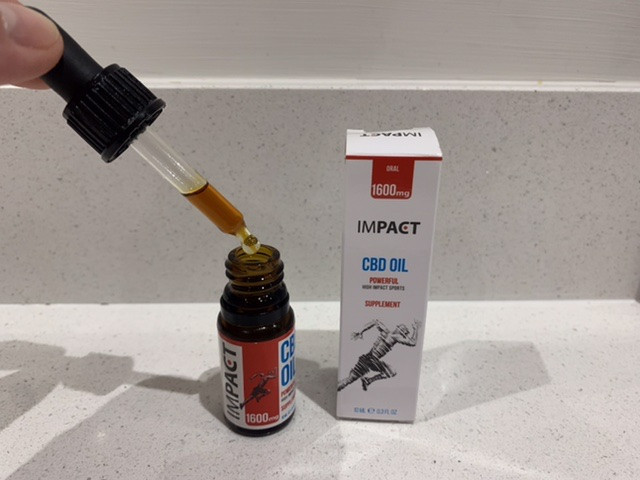Advantages and Contraindications of CBD
Cannabidiol, also known as CBD, is one of the commonly found active ingredients in CBD Sativa or hemp, which, through numerous studies and research over the years, over 80 different chemical substances called cannabinoids have been identified. And while THC or tetrahydrocannabinol is actually the dominant active ingredient in CBD extract, cannabidiol still represents a decent 40%.
The benefits of CBD are numerous. Until a few years ago, the protagonist was without a doubt THC due to its characteristic psychoactive action. Today, the attention of the scientific community is focused specifically on the therapeutic potential of CBD, capable of effectively relieving many chronic pains or discomforts without necessarily resorting to potentially harmful pharmacological therapies, according to some studies.
Main effects of CBD
Cannabidiol or CBD is nothing more than a metabolite of CBD, which is an active ingredient that, after undergoing a particular first transformation process, becomes highly absorbable by the organism that can thus benefit from the characteristic beneficial effects. Unlike THC, which is responsible for the so-called “high”, it has no psychoactive effect, which means that it does not affect brain functions or lucidity in any way.
Among the characteristics of cannabidiol, there is certainly poor solubility in water, so it is difficult to dissolve in water: it, therefore, requires the use of fat to promote its solubility, thus making it more assimilable by the organism itself. CBD is actually an acidic molecule, however, to become more active and therefore better qualitatively, it is necessary to make this molecule neutral, through what is commonly called the “drying process”.

It has been understood over the years that the use of CBD has many positive effects: through numerous studies and research, it has indeed been found that it has anti-inflammatory properties.
The therapeutic use of cannabis has ancient origins: CBD has been used in the medical field for millennia, even if by the 1930s, the sale of hemp Sativa was mainly banned for socio-political reasons. Only recently has the scientific community begun to show an increasing interest in investigating its properties in depth and achieving remarkable results and discoveries, destined to collapse all the most varied “urban legends” circulating about cannabis, through evidence, and scientific studies that confirm its effectiveness as well as its benefits.
In 1973, thanks to some American researchers it was discovered that the human body has an endocannabinoid system (ECS) that is responsible for maintaining homeostasis or balance in the body. The ECS consists of endocannabinoids, receptors, and enzymes, which work together to regulate various bodily functions such as pain, mood, sleep, and appetite. CBD is thought to interact with the ECS and help to modulate the balance of these functions.
Some of the most common uses of CBD include:
- Pain relief: CBD has been found to reduce chronic pain and inflammation, as well as muscle and joint pain.
- Anxiety and depression: CBD has been found to be effective in reducing symptoms of anxiety and depression by interacting with serotonin receptors in the brain.
- Sleep: CBD has been found to help with insomnia and improve sleep quality.
- Neuroprotective: CBD has been found to have neuroprotective properties and may be beneficial in treating conditions such as Alzheimer’s and Parkinson’s disease.
It should be noted that while CBD has many potential therapeutic uses, it is still being studied and more research is needed to fully understand its effects. Also, CBD should always be used under the supervision of a qualified healthcare professional. Some of the contra-indications include if you are on blood thinners or have the Liver disease or Low blood pressure or take certain medications or have an allergy to hemp products. Check out the best cbd anxiety from this article.
As for availability, CBD is most commonly sold as an oil, but it can also be found in other forms such as capsules, edibles, and topicals. It’s important to note that not all CBD products are created equal and it’s important to do your research and purchase products from a reputable source.






